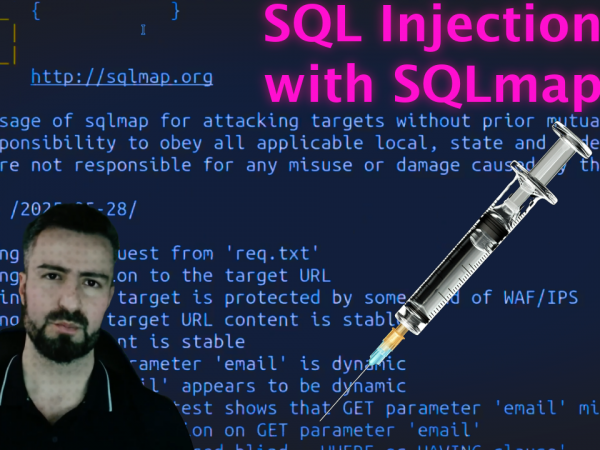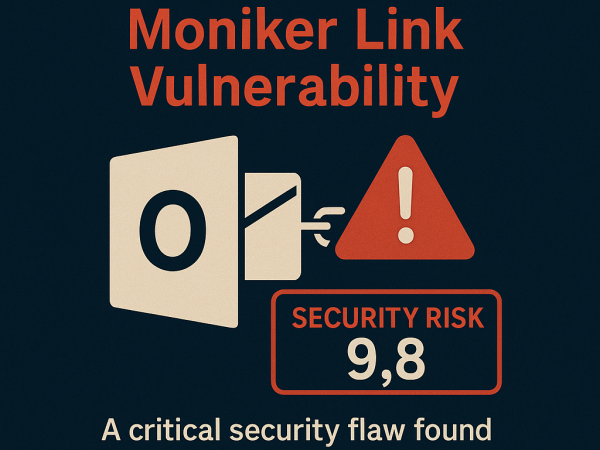Introduction
The Offensive Security Certified Professional (OSCP) and Certified Ethical Hacker certifications are both reputable credentials in the field of penetration testing and cybersecurity, but they differ significantly in terms of content, difficulty, and focus. Choosing between them depends on your career goals, your current skill level, and the specific areas within cybersecurity you wish to pursue.
Let’s break down each certification and explore their key differences to help you determine which might be the best fit for your career in cybersecurity.
HackTheBox Certified Penetration Testing Specialist Study Notes
1.Overview of OSCP and CPTS
OSCP (Offensive Security Certified Professional)
- Provider: Offensive Security
- Focus: Hands-on penetration testing skills with a strong emphasis on methodology, persistence, and real-world attack scenarios.
- Difficulty Level: Considered one of the more challenging certifications in cybersecurity, requiring extensive preparation and hands-on practice.
- Requirements: Basic understanding of networking, Linux, and scripting is recommended before starting. OSCP is aimed at individuals who have foundational knowledge and wish to delve deeply into penetration testing.
CEH (Certified Ethical Hacker)
The CEH, managed by the EC-Council, provides a foundational understanding of ethical hacking techniques and tools. It covers theoretical concepts, methodologies, and tools used by hackers and cybersecurity professionals.
- Broadly covers ethical hacking concepts, focusing on tools and techniques hackers use to exploit systems.
- Provides a mix of theoretical knowledge and practical exposure.
- Ideal for individuals seeking to understand hacking methodologies and tools.
- More accessible to beginners, as it covers foundational concepts. The theoretical nature of the standard CEH exam makes it easier for candidates with limited hands-on experience.
- The practical CEH (CEH Practical) introduces more technical challenges but is still less demanding than OSCP.
2. Exam Format
OSCP Exam
Documentation Requirement: Offensive Security emphasizes report writing as part of the certification, which is essential for successfully completing the exam. A well-documented report outlining the methods and approaches used is required.
Duration: 24-hour practical exam.
Format: Candidates are required to exploit a series of machines within a time frame, each carrying different point values. A total of 70 points out of 100 is needed to pass.
Environment: Realistic virtual environments with varying levels of difficulty, emulating real-world scenarios.
CEH Exam
- A four-hour exam with 125 multiple-choice questions.
- A six-hour practical exam with 20 real life challenges.
- Focuses on knowledge of hacking tools, methodologies, and theoretical concepts.
- Optionally, candidates can take a practical CEH exam, which involves real-world scenarios.
3. Course Content and Learning Path
OSCP
- Modules Covered: OSCP follows a structured path covering areas such as enumeration, exploitation, privilege escalation, web application attacks, buffer overflow, and client-side attacks.
- Training Material: The OSCP’s PWK (Penetration Testing with Kali Linux) course offers extensive lab access, a structured syllabus, and a wealth of training materials aimed at building an attacker mindset.
- Skill Emphasis: OSCP emphasizes deep technical skills in exploitation, pivoting, and persistence. The course teaches you to be comfortable with various real-world scenarios, instilling the mindset of “try harder.”
CEH
- Offers a variety of training options, including instructor-led courses, self-paced learning, and iLabs for practical experience.
- Focuses on understanding and using tools like Nmap, Metasploit, and Wireshark.
4. Career Impact and Industry Recognition
OSCP
- Industry Perception: OSCP is widely recognized and respected in cybersecurity, especially for roles in penetration testing, red teaming, and security consulting. Many employers value OSCP certification as a mark of technical capability.
- Career Path: Ideal for individuals aiming to work in offensive security roles like Penetration Tester, Security Analyst, Red Team Member, or Security Consultant.
CEH
- Recognized as an entry-level certification for ethical hacking roles.
- Common roles include Ethical Hacker, Security Analyst, and Information Security Specialist.
- Suitable for organizations seeking general cybersecurity knowledge.
- Recognized globally as a baseline certification for ethical hacking.
- It is often required for government and defense roles due to its compliance with certain standards like DoD 8570.
5. Which Certification to Pursue?
Consider OSCP if:
- You aim to establish a career in penetration testing, red teaming, or any offensive security role.
- You have a strong foundation in Linux, networking, and basic scripting and are ready to commit to an intensive learning experience.
- You’re seeking a certification with a reputation for rigor and industry recognition.
Consider CEH if:
- You are new to ethical hacking and want to build foundational knowledge.
- You are looking for a more theoretical certification with a broader focus on hacking tools and techniques.
- You need a certification that meets specific regulatory or compliance requirements, such as for government roles.
6.Salary Comparison
OSCP
- Average Salary Range: $85,000–$130,000 annually (depending on experience and location).
- Top-Tier Roles: Professionals with OSCP often command higher salaries due to the certification’s focus on practical penetration testing skills and hands-on expertise.
- Factors Influencing Salary:
- Advanced technical skills demonstrated by passing the challenging OSCP exam.
- Experience in penetration testing, vulnerability analysis, and red team operations.
- Working in industries like finance, technology, or government, which value offensive security skills.
CEH
- Average Salary Range: $70,000–$100,000 annually (depending on experience and location).
- Entry-Level Roles: CEH holders often start with foundational security roles and gradually move to advanced positions with experience.
- Factors Influencing Salary:
- Broader cybersecurity knowledge, with less emphasis on hands-on offensive skills.
- Recognized as a compliance-friendly certification (e.g., for U.S. DoD 8570/8140 roles), increasing its value in government or defense jobs.
Factors Affecting Salaries for Both Certifications
- Experience: More experienced professionals, regardless of certification, earn higher salaries.
- Location: Jobs in major tech hubs or high-demand areas pay more.
- Industry: Sectors like finance, healthcare, and government often pay higher salaries for security professionals.
- Additional Skills and Certifications: Combining OSCP or CEH with certifications like CISSP, CISM, or AWS Security can significantly boost earning potential.
7.Job Roles
OSCP Job Roles
OSCP-certified professionals typically work in offensive security and roles that require advanced penetration testing and hands-on skills, such as:
- Penetration Tester:
- Conduct simulated attacks on networks, applications, and systems.
- Identify vulnerabilities and recommend remediation strategies.
- Red Team Operator:
- Simulate real-world attacks to test an organization’s defenses.
- Work closely with blue teams to improve incident response capabilities.
- Vulnerability Analyst:
- Analyze systems for vulnerabilities and assist in remediation efforts.
- Create detailed reports for technical and non-technical stakeholders.
- Security Consultant:
- Provide expert guidance on securing systems and applications.
- Perform security assessments and penetration tests for clients.
- Ethical Hacker:
- Use offensive techniques to identify and mitigate threats.
CEH Job Roles
CEH-certified professionals often work in broader cybersecurity roles that emphasize understanding hacker methodologies and tools. Common job titles include:
- Ethical Hacker:
- Perform penetration tests and security assessments, often using pre-built tools.
- Focus on compliance-driven testing and reporting.
- Security Analyst:
- Monitor networks and systems for threats.
- Investigate security incidents and document findings.
- Information Security Specialist:
- Assist in implementing security protocols and monitoring systems.
- Work with IT teams to maintain secure infrastructure.
- Network Security Engineer:
- Configure and maintain network defenses such as firewalls and intrusion detection systems.
- Ensure secure communications and data transfer.
- Incident Responder:
- Respond to security breaches, investigate causes, and implement solutions.
- Use tools to analyze logs and prevent future incidents.
Conclusion
Both OSCP and CEH have their strengths and are valuable in different ways. OSCP is ideal for those seeking advanced, practical expertise in penetration testing, while CEH serves as a strong entry point for individuals starting their ethical hacking journey. Consider your career goals, current skill level, and preferred learning style when deciding which certification to pursue.




